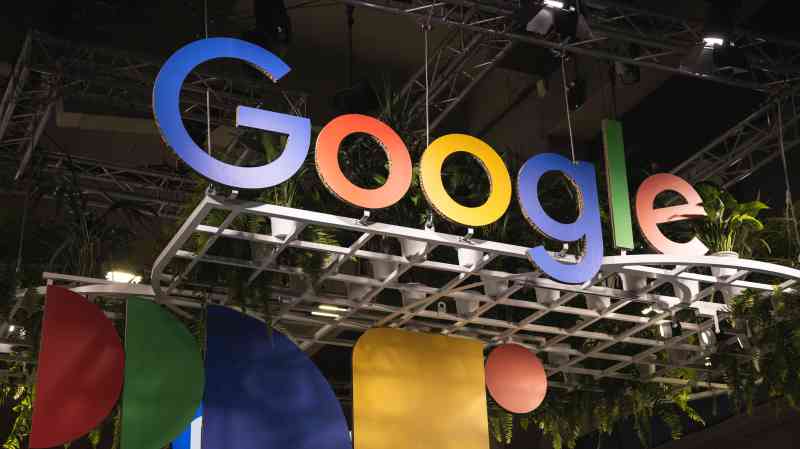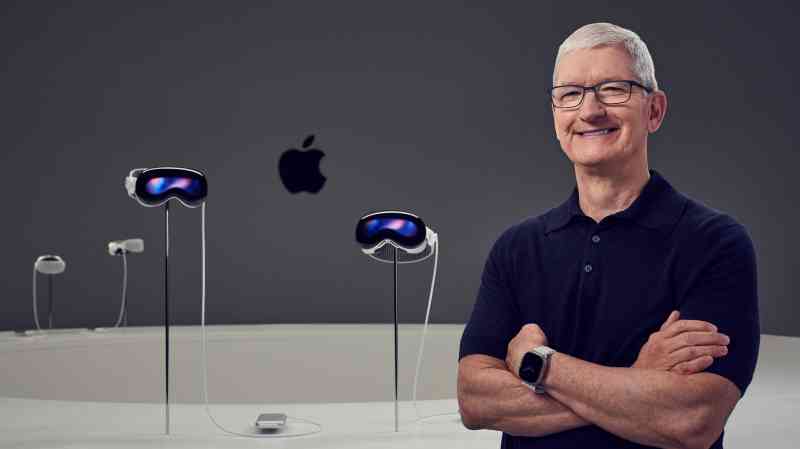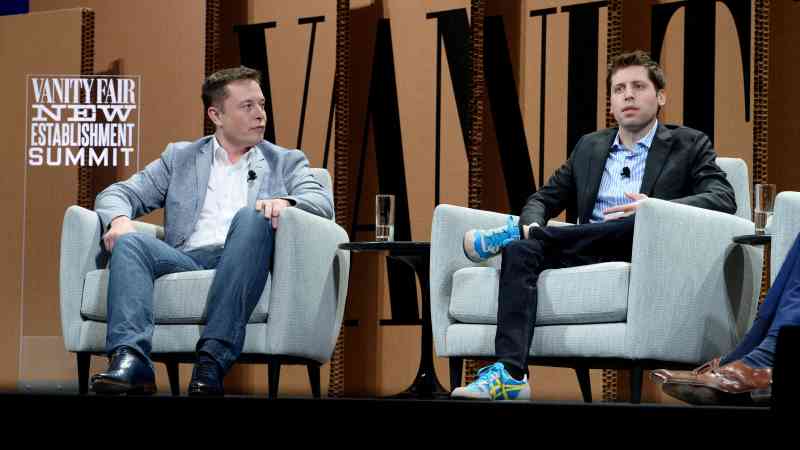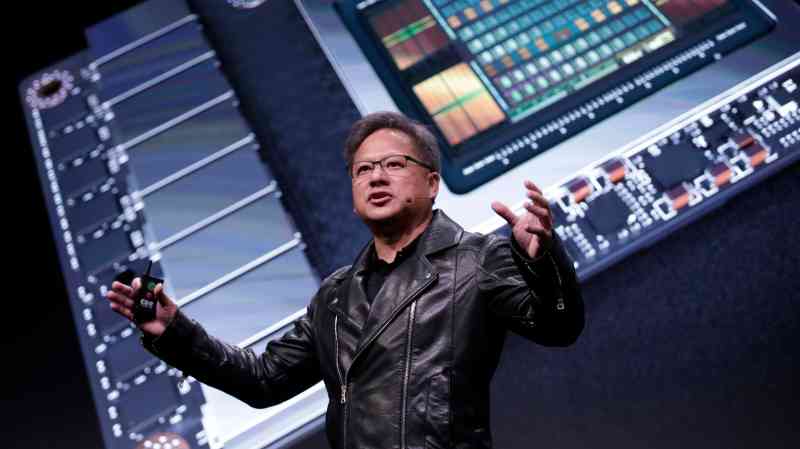We’re Generation Alpha (14 and under with millions of followers)
They know how to edit video, but not always how to tie their shoelaces. They eat sushi and think Spam is a type of email. The youngest members of the first fully 21st-century cohort known as Gen Alpha haven’t even been born yet, but the oldest turn 14 this year. Some might learn to drive in electric cars. Most will never use a landline.
Some 2.8 million are born every week — mostly in India, China and Nigeria — and by the time they are all here at the end of next year, they will, with a headcount of almost two billion, be the biggest generation the world has ever seen. Millennials, Gen X and boomers might be focused on the activists and apathists of Gen Z as they remake the world and its workplaces according to their own tastes, but what is going on inside the young heads of those waiting in the wings?
I’m a parent to two — aged six and three. They are already aware of single-use plastics. Data shows that households with 5 to 11-year-olds have more eco-friendly habits. And when my husband’s burgundy passport expired this year, my daughter’s bafflement as we explained the new Brexit blue one suggests the kids might yet take back control.
• The Generation Alpha power list: 18 under-15s to watch
Gen Alpha will stay in education longer and start earning later than any tranche of young people yet. Right now, their icons range from the cartoon dogs Bluey and Hey Duggee — via Harry Potter, still (their parents are less offended by JK Rowling’s trans tweets than younger millennials and Gen Zers have been, so haven’t yet banned him), and Millie Bobby Brown in Stranger Things (who is now almost 20, but was 12 in the first series) — to an internet meme depicting a dystopian battle between surveillance society and a giant singing loo known as “Skibidi Toilet” with more than 65 billion views. To quote its theme tune, “What the heck is going on on on?”
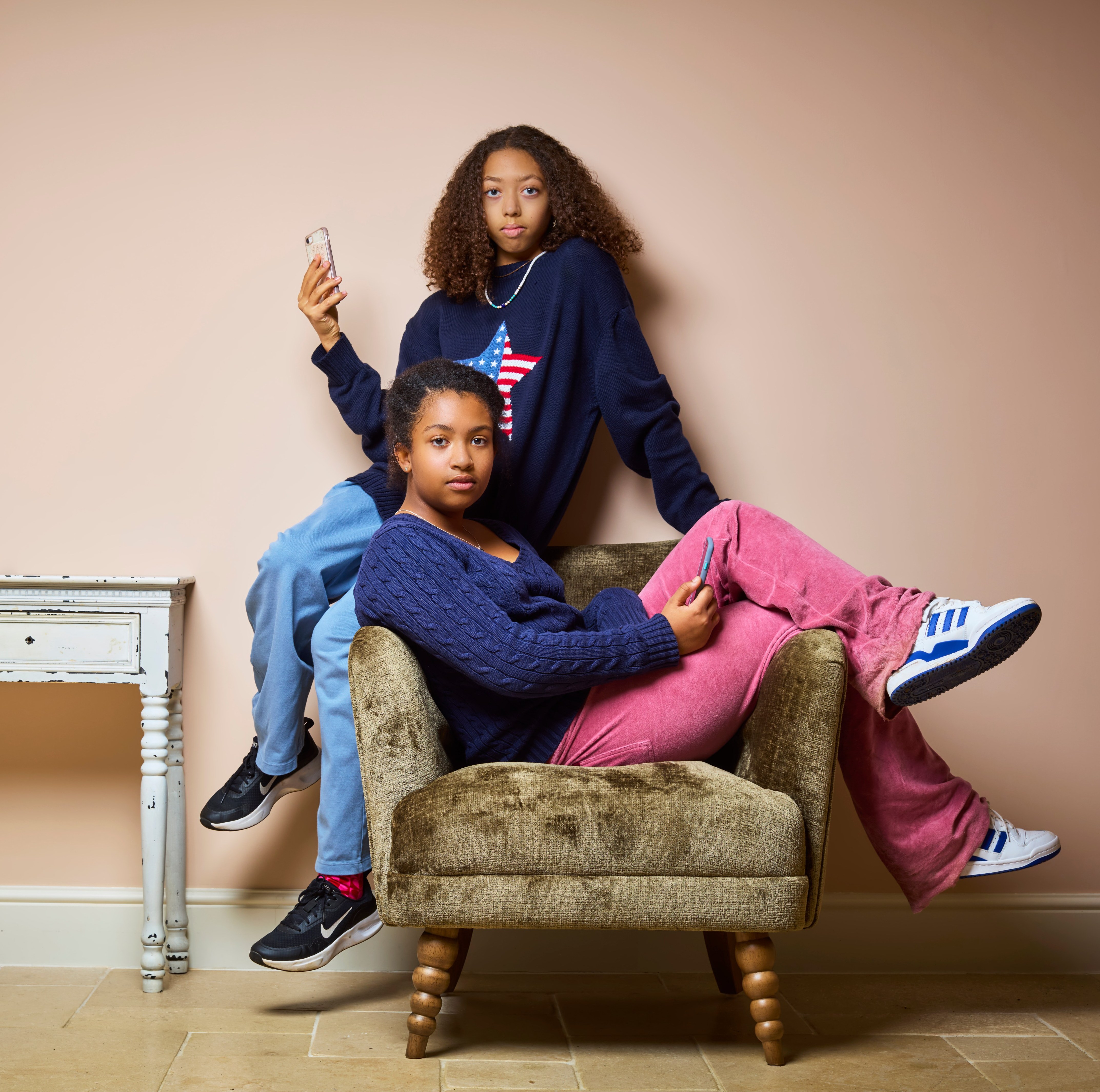
“Gen Alpha looks like it might be quite different from all the other generations,” says Alice Crossley, a foresight analyst at the Future Laboratory. “They’ve grownup exposed to technology, but they’re the first children to be born to parents who have experience on the internet and can be role models for digital habits.”
They are also slated to live with their parents longer even than Gen Z — well into their late twenties. Gen Alpha’s alternative name of “mini-millennials” speaks to the mindset steering their path through the world.
Among their parents number some of the most famous names in the world, whose own lives already exemplify this generation’s relationship with screens and oversharing. At ten, our heir but one Prince George is an Alpha; so are his siblings Charlotte, eight, and Louis, five — not forgetting their Montecito cousins, Archie, four, and Lilibet, two and a half.
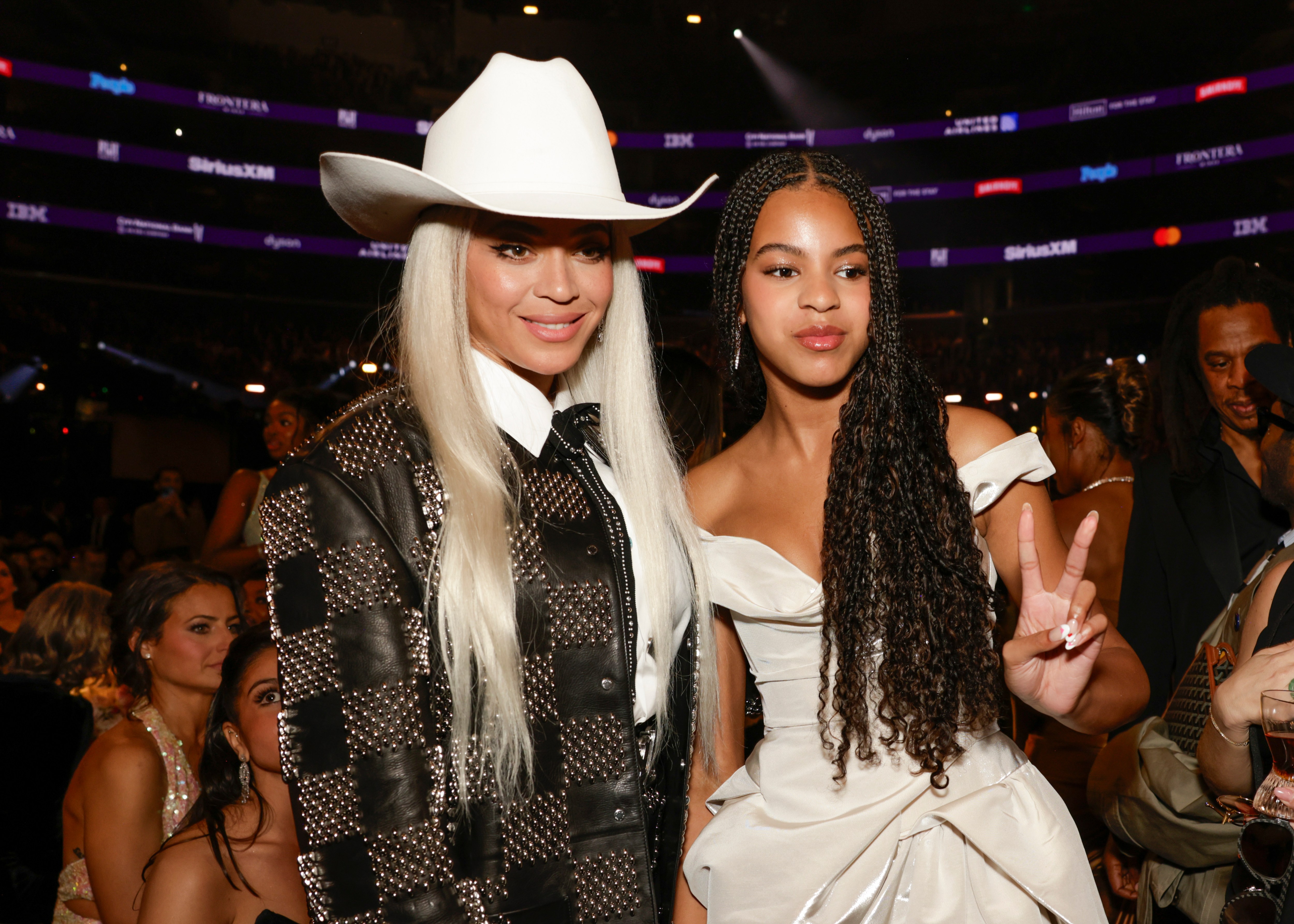
There are Alpha It girls too: Harper Beckham (12) snapped in clothes from her mother’s label and dressed in mini-me England football kits by her father, while Beyoncé and Jay-Z’s eldest, Blue Ivy Carter (also 12), remains the youngest person to have reached the US Billboard chart when her in-utero heartbeat and newborn cries were sampled on her dad’s track Glory two days after she was born. (She has since featured, aged eight, with her mother on the single Brown Skin Girl and joined the dance crew for last year’s Renaissance world tour.)
And where would any generation be without its own set of Kardashians? Six-year-old Stormi is the daughter of Kylie Jenner. Her fifth birthday party last February cost $100,000 and set the template for others far further down the budgetary ladder with myriad balloon arches and customised hoodies. Now ten, Kim and Kanye’s daughter North West scored her first glossy magazine cover aged five. She and her cousin Penelope Disick (the 11-year-old daughter of Kourtney) recently went viral recreating the Murder on the Dancefloor scene at the end of Saltburn. Let’s hope they haven’t seen the rest of it.
If you know an older Alpha, you’ll be aware of their heart-rending blend of tech-savant entrepreneur and real-world ingenue. To borrow a phrase I heard in the playground recently, “Mummy, my iPhone smashed when I dropped it from the monkey bars.”
My Alpha children have just learnt to turn the telly on but find the notion of watching it live comic (why bother, when it isn’t something you’ve chosen?) as well as thrilling (what will it be?).
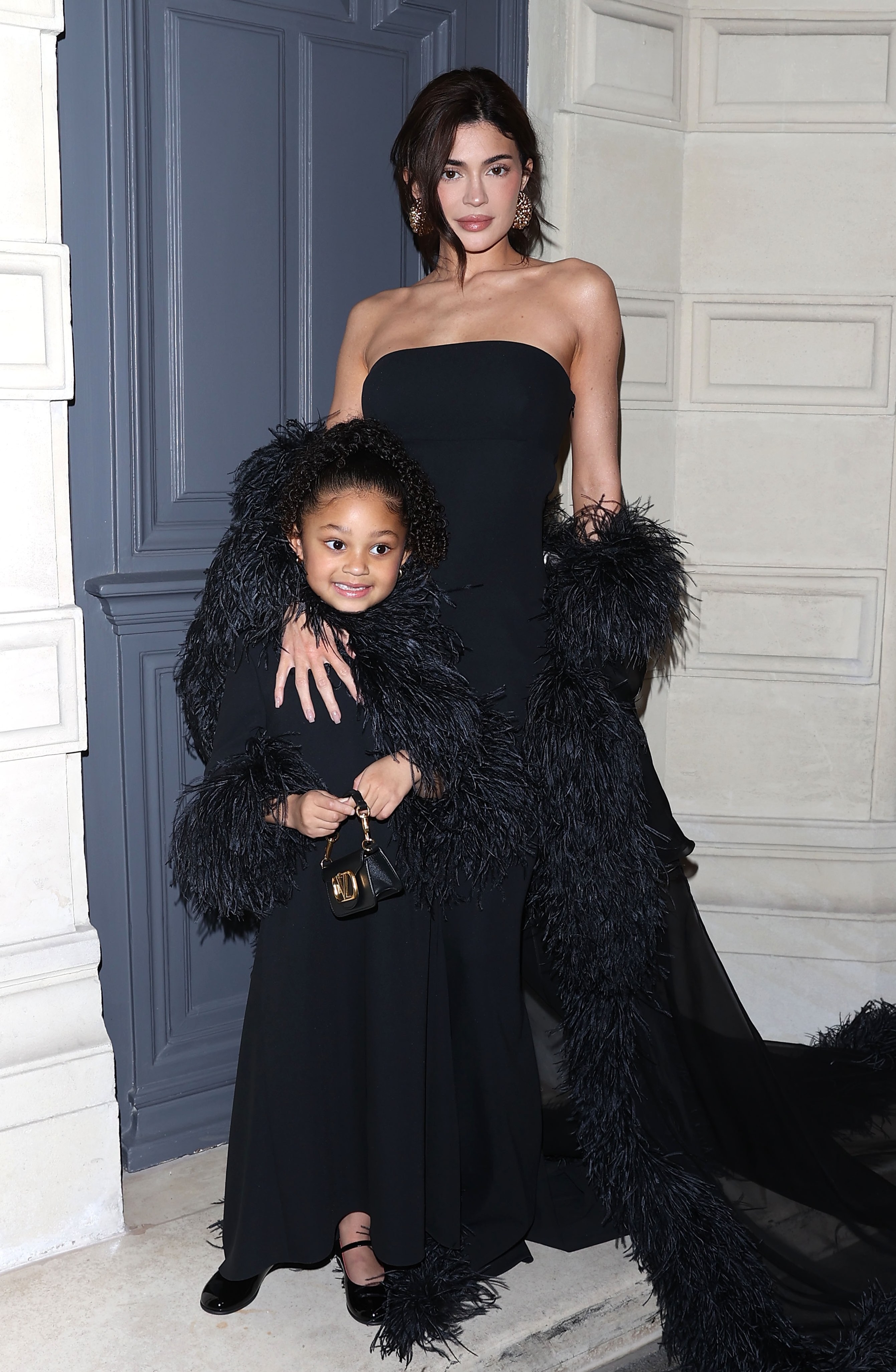
“They’re so sophisticated,” says Ateh Jewel, 45, whose twin daughters Ola and Adanna are 12 and live in Oxfordshire. “But I was more street savvy at their age. They have so much information at their fingertips, but I was getting buses home from school by myself and could spot a weirdo at ten paces by 11.”
Ahead of Christmas, Adanna emailed her mother a PowerPoint entitled Presents [version 3] with shoppable links. At the top of it were a North Face jacket and Adidas trainers. Her sister wanted a Ralph Lauren jumper and Uggs. Theirs is the most image-conscious generation yet: both in the fashion and beauty sense, but also because this is what comes of having one’s every move since birth documented and potentially posted online.
“If I take a picture they don’t like, they tell me I don’t have sign-off,” Jewel says.
“What you portray is really important,” Adanna says. “If you’re comfortable and feel like yourself, it has a positive effect.”
“We have a positivity wall at school,” adds Ola, who like 5 per cent of her age group has ADHD and also dyslexia. “It has all the famous people with learning difficulties on it, and it makes me think I could be up there one day.”
She has already set up a business making putty-ish play slime out of PVA glue and selling it to school friends. Adanna, meanwhile, wants to be a lawyer: “I like to debate and hear other opinions.”
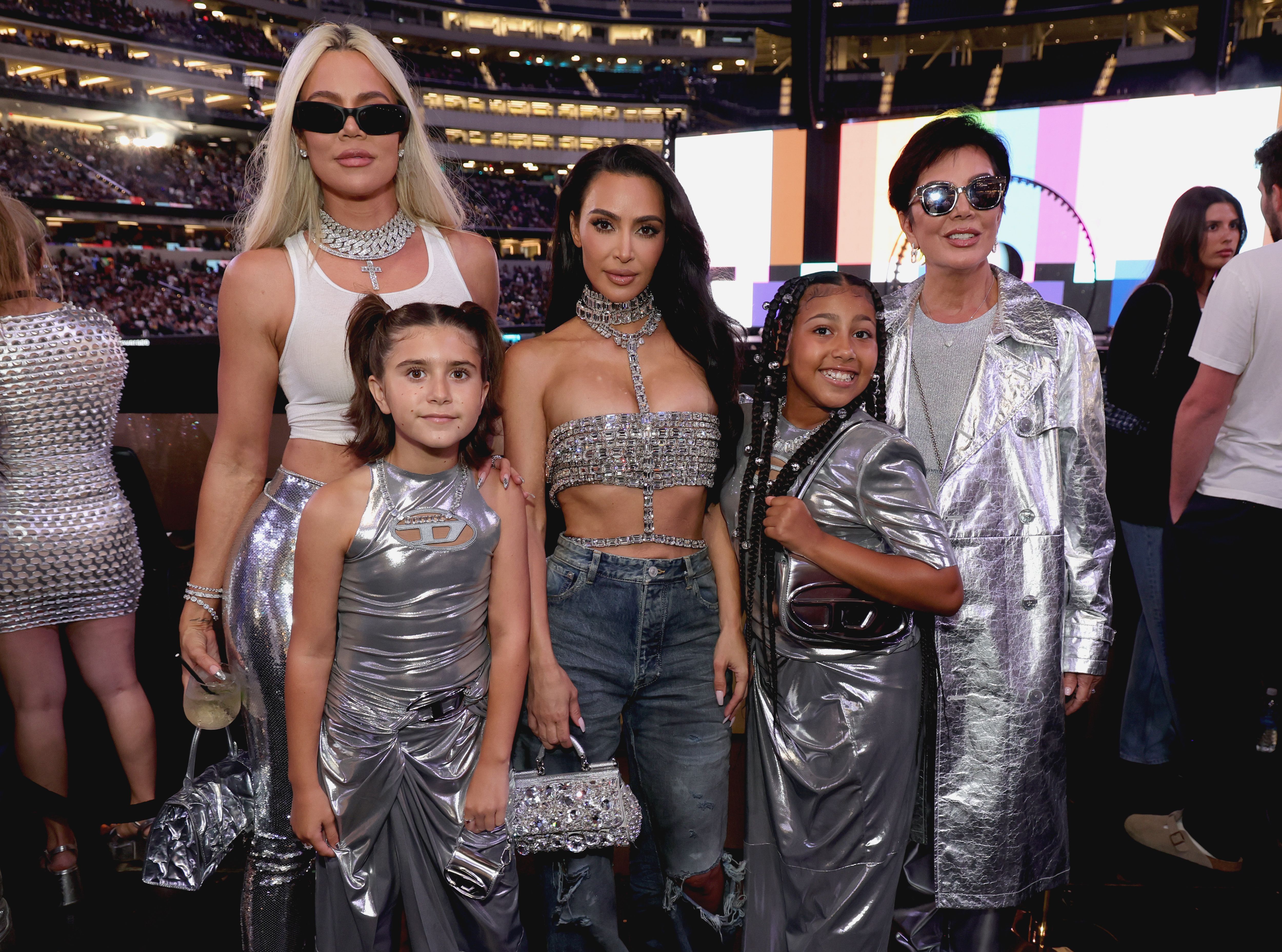
Ivy, 12, from Sheffield, agrees. “It’s important to understand others and see things through a different lens.”
If Gen Z is known for its identity politics and mental health, the Alphas are shaping up to be less insular. Gen Z might be connected online, but 73 per cent report feeling lonely — more than the over-65s.
Socialising is something Alphas do in person, because most are still little enough to be ferried around by parents who ensure they are “connecting” in real life. Ola and Adanna enjoy shopping trips with their friends, silent discos at school and family time spent watching TV — on one actual TV rather than separate iPads.
Although 57 per cent of Alphas spend more than three hours a day on digital devices, this often includes doing homework (like most teens, Ola and Adanna do very little handwritten schoolwork), learning apps (Alphas love Times Tables Rock Stars) and creating Pinterest boards of outfits and interiors, their version of physical scrapbooks.
“Gen Alpha will benefit from past mistakes,” says Andrew McDougall at the consumer research agency Mintel. “They will still be digital natives, but they’re also going to be comfortable turning off as well, to play in the real world.”
That isn’t to say that tech companies aren’t already doing everything they can to hook little minds, however.
“When you send Snaps to people [on Snapchat], you get a day streak,” explains Ola Jewel. “And you can grow it day after day. When you miss a day and lose the streak, it feels upsetting. You feel like every day you have to send a Snap.”
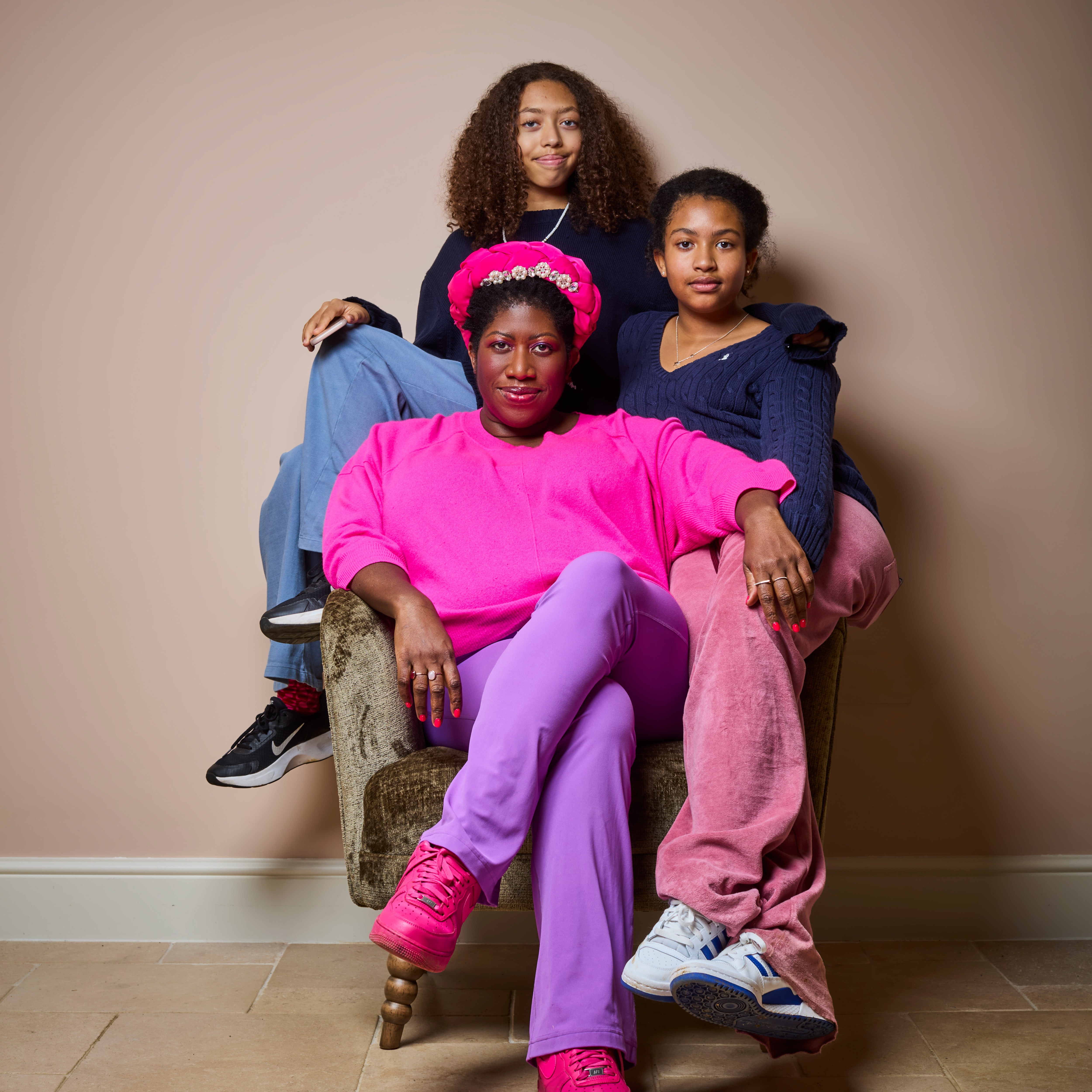
Snapchat and TikTok’s age limits are both 13 but there is no age verification on Snapchat, and it is possible to browse TikTok without having an account.
“This generation have been ‘screenagers’ from birth,” says Ben Drury, founder of Yoto, whose deliberately low-fi digital audio players are a must-have among parents of younger Alphas. “When I was buying my kids’ buggy, I came across one that boasted an iPad holder.”
It isn’t tech that Alpha parents are nervous of but the untrammelled force of the internet and its effect on growing brains. As a “geriatric” millennial (I’m 38), I can still remember my attention span before smartphones; I want my kids to have a chance of developing that too — and, I hope, to preserve theirs.
“You see two types of early-years kids,” a teacher friend tells me in apocalyptic tones. “The ones who watch YouTube and the ones who don’t. The ones who do are teenagers by the time they’re five.”
Much of Gen Alpha is already brand obsessed — Netflix and Starbucks come up the most. Because they have been weaned not on “pester power” TV ad slots but more subliminal online “sponcon” (sponsored content), Alphas are more likely to ask for something by a brand name than what it actually is: “Oreos” rather than biscuits.
They are even generating their own influencers already. The 12-year-old Texan YouTuber Ryan Kaji’s online journey began aged three when his parents launched a toy review channel on the platform. He now has 36.2 million subscribers. Likewise Evelyn: 12 and from Missouri, whose #grwm (get ready with me) TikTok monologues had millions of views before the platform suspended her account in December for being underage.
“I have always wanted to be an influencer,” she told the Washington Post, something only someone of a certain age can say, given the word only entered the dictionary in 2022.
Evelyn chats about timeless tween topics from school bullies to bad hygiene while applying a careful and studiedly nonchalant curation of skincare and beauty products from brands such as Drunk Elephant, Charlotte Tilbury and Nars — the prices of which are a stretch even for women twice her age, at £56 for a moisturiser. Watching her is like eavesdropping on a girl pretending to be her mother.
Now 8 to 12-year-old girls are the largest growth market for cosmetics; in the US, tweens spend $40 million (£32 million) per month on products. Despite brands scrambling to serve them, Alpha girls are keen on the aspirational unguents and potions they see being used by older siblings and influencers, which often contain harsh retinol and acids. According to the marketing company Digital Voices, 49 per cent of children trust influencers as much as they do family and friends for product recommendations.
Dermatologists report seeing more and more preteens and teens suffering with contact dermatitis, a skin condition often prevalent among beauty editors whose jobs it is to regularly test products. Even some of Alpha’s favourite brands are now trying to distance themselves from their smallest fans.
“My friend has Drunk Elephant,” Ivy says. “That’s not standard though. Another friend and I were making bracelets to sell and she said she’d get Byoma with the money. It’s not that I want perfect shining skin, it’s just fun to do. I like feeling fresh.”
“We love Glow Recipe and Charlotte Tilbury,” says Adanna Jewel, who has recently uploaded 35 items of old clothing onto her mum’s Vinted account to help her save up.
“They’re growing up too quickly,” says Reena Hammer, CEO of Indu, a beauty brand aimed at young teenagers that launched last October. (She is also the daughter of Ruby from my own tween aspirational brand, Ruby & Millie.)
As well as formulated skincare and make-up, Indu sells colourless lash and brow gels, lip oil and “mattifying skin blurrer” that starts at £14 and is designed to fly under the radar of stricter school (or parental) rules on cosmetics.
“Teens told us they felt like a forgotten age group,” Hammer says. “Online they’re being shown all this adult stuff. They want something that is for them.”
If the postwar youthquake defined a new category between children and their parents — “teenager” was coined in the Forties by ad execs — then the internet and pandemic did the opposite for Gen Z, launching them into an online world with few rules. Like babies in medieval paintings, they were treated as grown-ups, only smaller.

“Gen Z see themselves as very unique,” Alice Crossley says. “The economy, the pandemic, the climate — they think, ‘No one else has gone through this.’ ”
They also don’t feel they can fix any of it. They have watched the often naive idealism of my cohort, the millennials, drain away as we realise no amount of “side hustles” or forgoing avocados will net us the sort of lives our boomer parents have had. Gen Alpha, however, will have a more gentle introduction to the ongoing rumblings, and analysts believe it will make them less nihilistic, more pragmatic.
“They’re never going to have existed in a world where sustainability and the climate weren’t prevalent,” adds Mintel’s Andrew McDougall. “Electric cars won’t be a novelty, eco behaviours will be normal. Gen Alpha will [assume a lot around] these issues — which may rile a few people.”
“Everyone’s going to need to find ways to live without fossil fuels,” Jewel says.
“What they’re doing with cigarettes now, they should do with everything that’s addictive,” Ivy says.
That might sound authoritarian, but perhaps it makes sense that people who still have a fixed bedtime just want someone to make a rule and stick to it.



